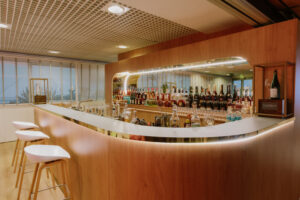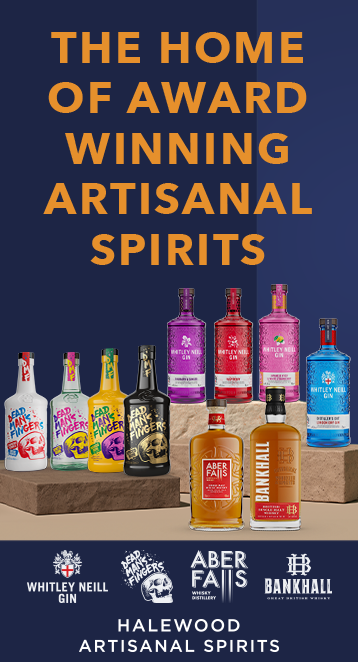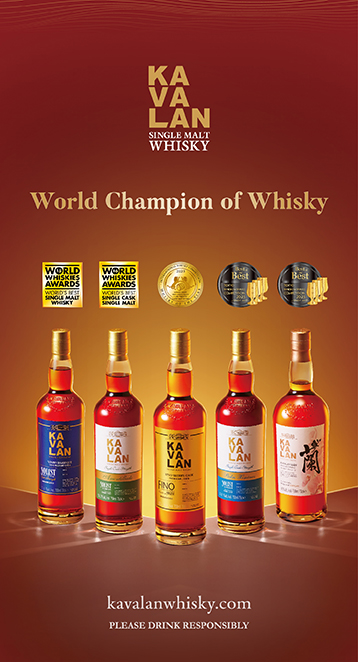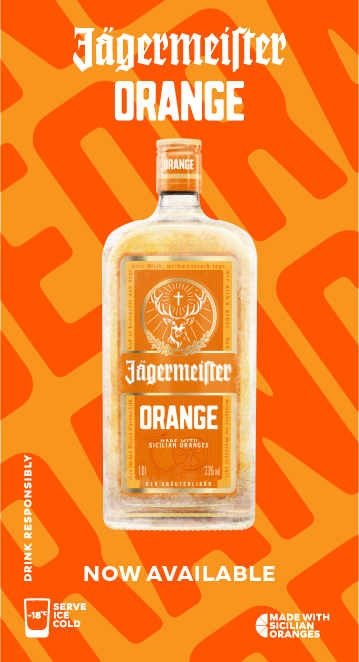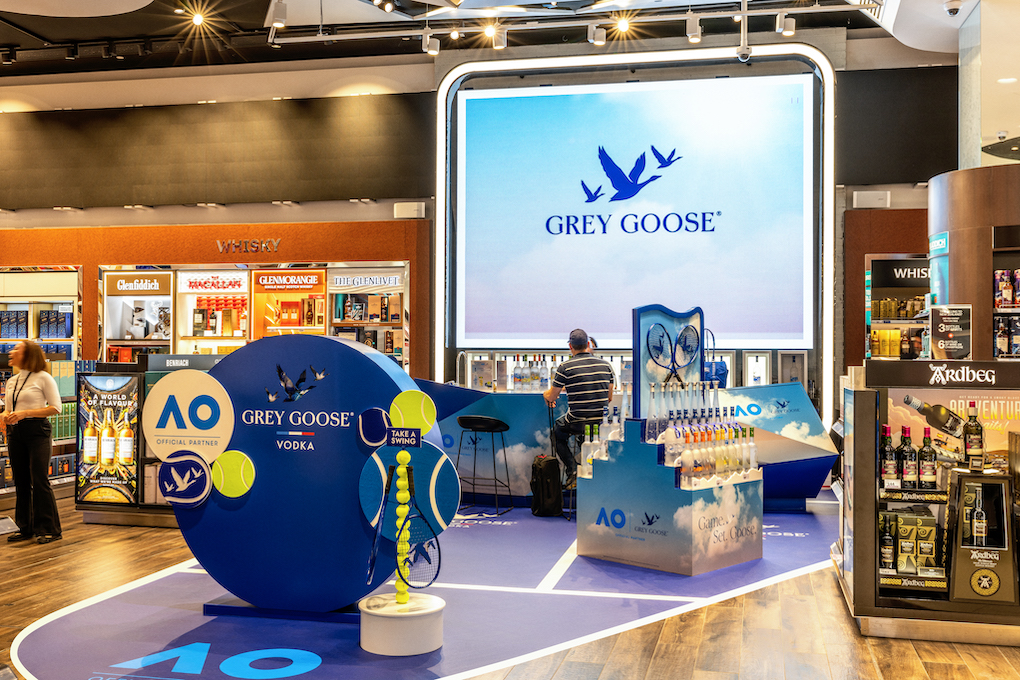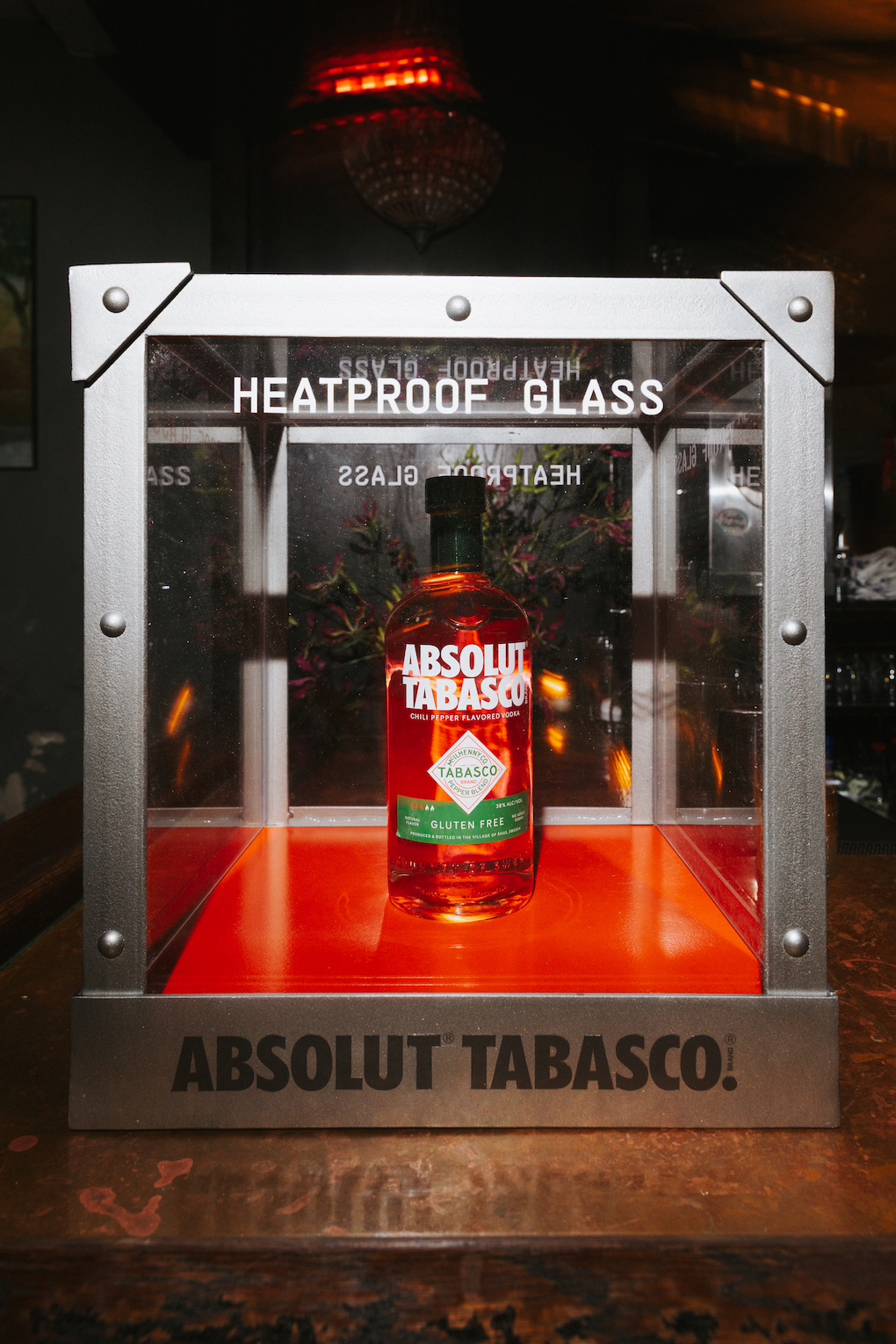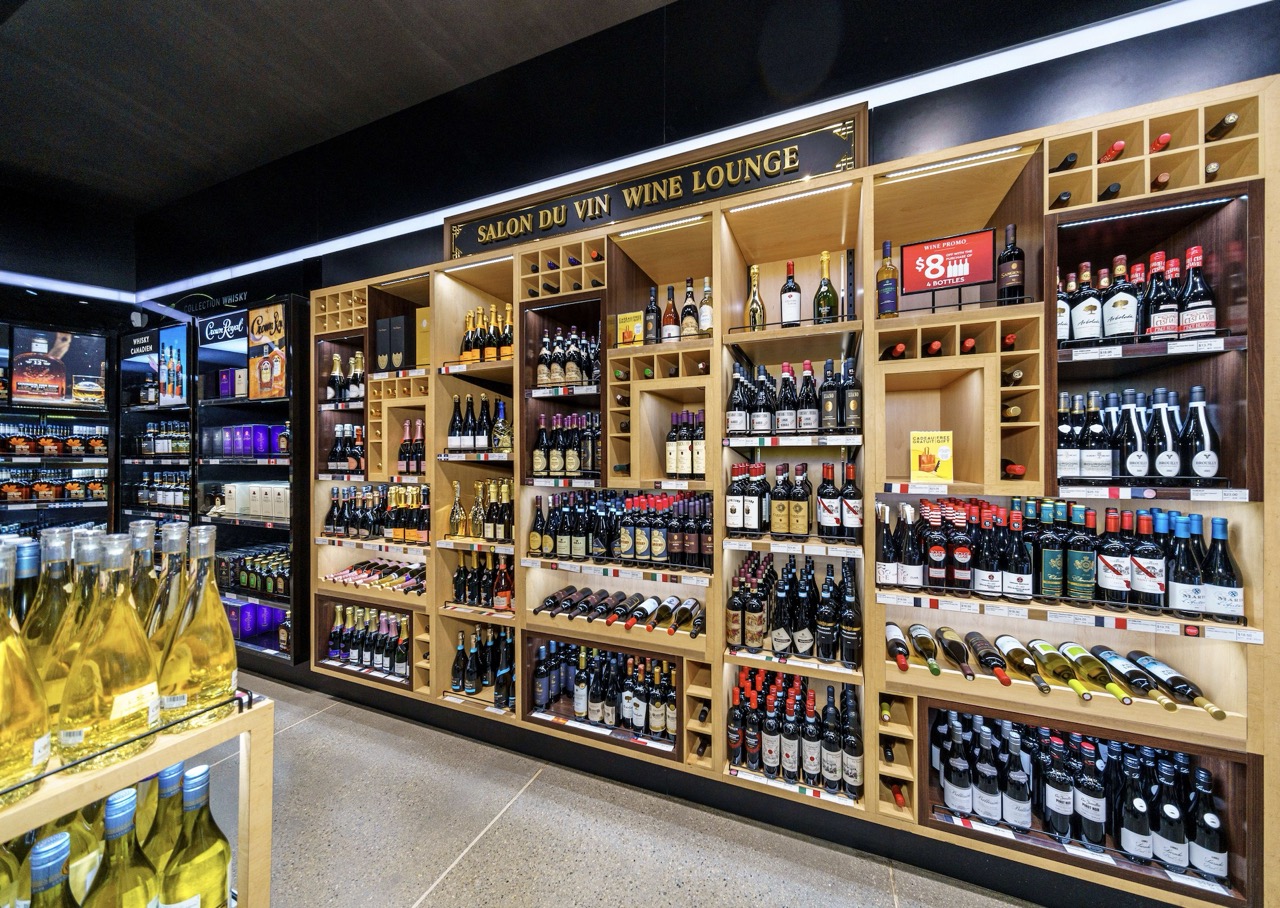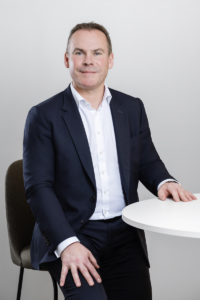
Introduction: Rémy Cointreau CEO for Europe, Middle East, India & Africa, Asia Pacific (excluding Greater China) & Global Travel Retail Ian McLernon has a rich experience of the travel retail and drinks sectors. His stellar career has embraced almost eight years with Parfums Christian Dior – the last three as Asia Pacific Regional Travel Retail Director – and, from early 2015, two more with Moët Hennessy.
In April 2017, he moved to Rémy Cointreau, first as Senior Vice President & CEO – Global Travel Retail and then as President & CEO Americas. In October 2022, he assumed his current mandate, a sweeping role encompassing the leadership of the independent drinks powerhouse’s domestic activities in four key regions and overall responsibility for the key travel retail channel.
In this interview with The Moodie Davitt Report Founder & Chairman Martin Moodie conducted at last month’s TFWA World Exhibition in Cannes, McLernon sheds light on how the positioning of spirits in travel retail has evolved over the past decade. From embracing sustainability as a cornerstone of its operations to the critical role of the human element in sales, Rémy Cointreau’s approach to travel retail encompasses a vision that goes far beyond just offering its products at airports and other duty free stores.
McLernon underlines the importance of creating in-store experiences and offering travellers an opportunity to access unique products with a compelling narrative. Sustainability is also integral to Rémy Cointreau’s ethos, a point long embraced by the group’s family ownership and played out in its long-term vision.
On the record with Ian McLernonOn partnerships: We talk about Trinity or Quaternity, but they don’t always materialise. There are still a lot of guardrails between the various layers of what I refer to as the route to the consumer. On price: I do have concerns that we may be devaluing the journey with excessive price promotions. The first thing you see is red in a store, and it’s not the brand logo, it’s the price point. On travel retail as a career option: If you want to be a General Manager, you should want to be an Area Manager in travel retail because you have autonomy, it’s dynamic, it’s fast. You have to be on top of your business, you’re managing people, you’re managing price negotiations. On consumer engagement: Our goal is to have people purchase items they truly desire, not products they don’t want but ones they buy out of excitement for the compelling narrative we provide. On sustainability: Most of our products are deeply connected to the land, so taking care of our sources is vital to ensuring the longevity of our products and brands. Being a family-owned business means looking ahead for generations. On driving conversion: The key is effectively conveying the unique stories behind each of our brands. It’s not just storytelling; it’s about living those stories. |
Martin Moodie: Ian, many people in travel retail know you from both the beauty and drinks sectors. So I thought a good place to start would be for you to tell us how you’ve witnessed the changes in this channel over the past decade.
Ian McLernon: I’ve had the opportunity to dip in and out of GTR several times, and I’ve found that every time I step away, I start missing it!
This, in itself, speaks volumes about the channel. If we look at the wine and spirit business, you have the on-premise, the off-premise, and GTR. So it’s a distribution channel but it’s become quite a fascinating one.
Here in Cannes it’s no longer solely about GTR or duty free. As we walked around our stand, you may have noticed an increasing presence of our domestic partners, turning this into a rendezvous where everyone gathers, and you see everyone in one space, blurring the lines between categories.
The pandemic has accelerated this transformation. On-premise used to be about consuming drinks at a bar, with cocktails typically served only there. But now, you can make those cocktails at home. So, why not enjoy a cocktail on a plane, at the airport, in the lounge, or even while in the store shopping?
I think it’s all converging. For me, the common thread is that travel retail serves as a show window for our brands. However, it’s not just for display; it’s a shop window where we must make sales.
I’ve noticed that the business has grown increasingly tougher over the years. There’s greater pressure on pricing and margins than ever before. We talk about Trinity or Quaternity, but they don’t always materialise. There are still a lot of guardrails between the various layers of what I refer to as the route to the consumer.
At the end of the day, our goal is to ensure consumers truly enjoy our brands by forming an alliance with them. I do have concerns that we may be devaluing the journey with excessive price promotions. The first thing you see is red in a store, and it’s not the brand logo, it’s the price point.
This constant emphasis on price isn’t always necessary because when people travel, they’re not always seeking the cheapest product. When they’re at home doing their weekly grocery shopping, that’s when they may prioritise better value for their money. Price has become too front-of-mind in our business, so it’s time to return to the fundamentals.
If we rewind a decade, when I first entered this channel, aspects like service, visibility, retailtainment, and education held greater importance, and I think we have to go back to those basics. I come from a background in cosmetics and when I first entered this channel our primary aim was to secure the best location and have knowledgeable staff on our stands, capable of selling more than one product.

Educating our beauty consultants was paramount, and we strived to ensure customers left with at least three items. We didn’t engage in hard sell or aggressive sales tactics; rather, we aimed for cross-selling.
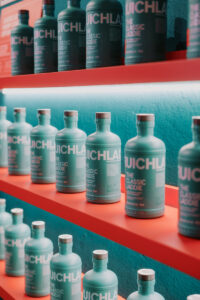 Liquor is distinct in that it involves a maximum volume allowance. In this domain, the only thing you can do is trade up. We know the macro trend in spirits is drinking less but drinking higher quality and that’s part of our strategy at Rémy Cointreau. We believe this trend will endure. It’s not always about the most expensive option being the best, but about indulging oneself. Many purchases in duty free are gifts, personal treats, or about trying something new.
Liquor is distinct in that it involves a maximum volume allowance. In this domain, the only thing you can do is trade up. We know the macro trend in spirits is drinking less but drinking higher quality and that’s part of our strategy at Rémy Cointreau. We believe this trend will endure. It’s not always about the most expensive option being the best, but about indulging oneself. Many purchases in duty free are gifts, personal treats, or about trying something new.
So one of the things we’re trying to do is reintroduce the newness – the novelty and excitement – through travel exclusives, as you may have observed walking around our stand this morning. For example, I want to buy the Bruichladdich Laddie 8 I can’t buy in domestic or at my local whisky bar. Limited editions and exclusives are not about exclusion; they should be inclusive, catering to travellers’ desires. Perhaps ‘traveller inclusives’ is a better way to define them.
I often quote Dubai Airports Executive Vice President Commercial Eugene Barry who came up with this great acronym once at Trinity titled ‘WACD’ – What Amazon(or Alibaba) can’t do. And one thing neither Amazon nor Alibaba can do by definition is a travel retail-exclusive. No other channel can undermine that proposition because you can only buy it if you have a passport and ticket. It’s such a simple, straightforward conceptand I have a sense that travel retailers are now embracing it more enthusiastically to set themselves apart.
I believe that you do the basic marketing through differentiation. In my view, what we need to do is build an experience, and price becomes a consequence of a good experience. The world of premium or luxury is all about how you feel. It can be very emotional. It’s about how you’re treated in terms of service, and if people are educating you along the journey.
| The Rémy Cointreau brand portfolio Brandy: Metaxa, St-Rémy Champagne: Telmont Cognac: Louis XIII, Rémy Martin Gin: The Botanist Liqueurs: Cointreau, Belle de Brillet Rum: Mount Gay Single malt whisk(e)y: Bruichladdich, Hautes Glaces (France), Octomore, Port Charlotte, Westland (US) |
For higher-value spirits, consumers may feel hesitant to ask questions. Therefore, people make a big difference.
If we look back a decade, when cosmetics was all about visibility, location, and link selling, it was the human element at the heart of it. I’d like to see more focus on people in the way wines and spirits are sold. It’s essential to have knowledgeable advisors on the shop floor who can guide and educate you.
For instance, “Martin, this is Rémy Martin’s Fine Champagne Cognac. It’s distilled this way, and here’s how it tastes. Would you like to taste it [to de-risk the purchase]?’ This is particularly crucial when buying something priced at £40 (US$50) or more. If we can do more of this, I believe consumers will spend more money, want to linger longer in the stores, and penetration rates will increase.
There’s a substantial benefit for retailers, landlords and brand owners. In the end, consumers will leave with something they can’t find elsewhere. They’ll feel wowed and share their fantastic experiences with friends. It’s not just about price; the airport purchase price is just a small part of their total travel spending. Sometimes we place too much emphasis on pricing.
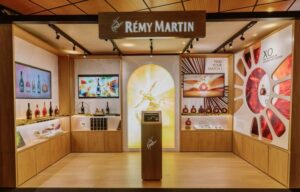
I believe we should return to the real basics. People make the difference and brands are made, built and sold by people. Much like Cannes itself, we could conduct this interview virtually, but it’s not the same. Virtual interaction is confined to a strict, say, 45-minute window with limited flexibility.
Humans want face-to-face interaction, and I think in the realm of travel retail, automation won’t take over entirely. Digital will help. While digital tools can speed up processes and help locate items quickly, the human touch adds tremendous value.
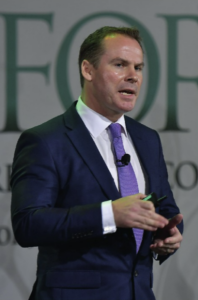
I travel through Heathrow almost every week, and the staff from [UK promotions and staffing agency] Blackjack recognise me. They know they can’t sell to me, but they still take the time to inform me about what’s happening.
I’ve observed other high-end brands that executed 360-degree activations beautifully throughout the airport, promoting a product priced at over £170 (US$210). It was an excellent demonstration of brands, airports, and duty free retailers working cohesively. Such examples exist, but we need to see more of it in the world of travel retail and that’s my callout.
Another positive change is the shift away from trolley bags. I recall speaking at The Trinity Forum about five or six years ago, and at that time, trolley bags were everywhere in some airports and you were tripping over them all the time. Thankfully, they have become less common.
It’s essential to understand what consumers truly desire. They don’t always want something for free, and they don’t want items they’ll throw away.
Sustainability is at the core of all of our brands today, with a focus on reducing excess packaging. For instance, we have banned single-use plastics in our business, as we believe it’s the right thing to do. While we might lose some short-term opportunities commercially, we maintain our long-term perspective, which we think will make a difference.
Our sector has emerged from a hugely challenging three-year period. The recovery is happening at varying speeds with some bumps on the road in certain markets. How do you assess Rémy Cointreau’s current position and aspirations in the channel?

In terms of travel retail, we aim to elevate its profile, starting internally to ensure everyone within our organisation understands the role it plays in building our brands. It’s more than just a distribution channel, so you start internally. We’ve also introduced some changes to the leadership team within GTR. We’re refreshing it to bring in different perspectives.
In July, Fida Bou Chabke joined as our CEO of GTR, and I’ve made it clear that I’m her advisor – my role is not to dictate as an expert on GTR but to guide and support her as she familiarises herself with the channel. Her unique perspective is fascinating, having previously led Louis XIII in the US and managed our Hong Kong and Taiwan domestic business.
I’ve had the pleasure of working with Fida for over six years. I’ve tasked her with exploring opportunities and new ways of conducting business within the channel, and of building the channel.
Alice Hoffmann has come onboard as our Marketing Director, with more than 15 years of experience within our group already. Well-connected and respected, she’s making her first foray into GTR. Both Fida and Alice are thrilled to enter this category, and my aim is to establish the category as an attractive place for talented individuals to pursue their careers.
Which wasn’t always the case, right?
No, and to me, GTR is not the retirement job. It’s the job you want to do early in your career. If you want to be a General Manager, you should want to be an Area Manager in travel retail because you have autonomy, it’s dynamic, it’s fast. You have to be on top of your business, you’re managing people, you’re managing price negotiations.
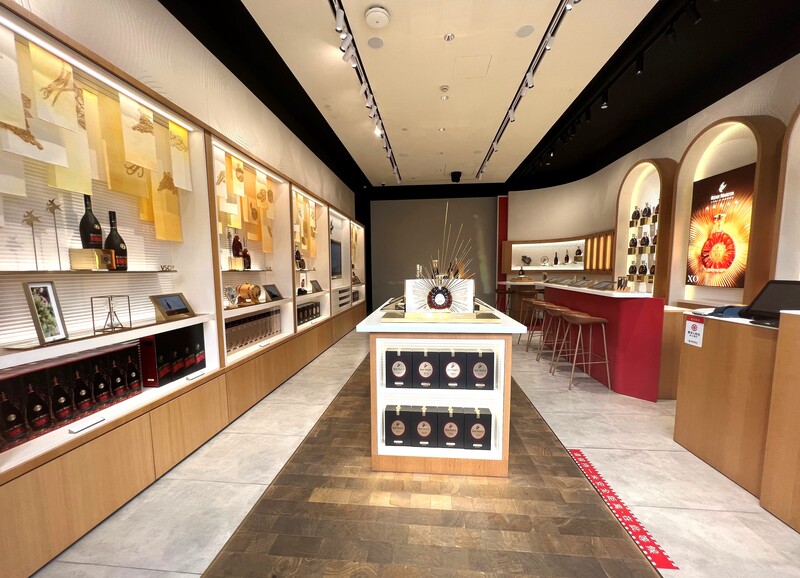
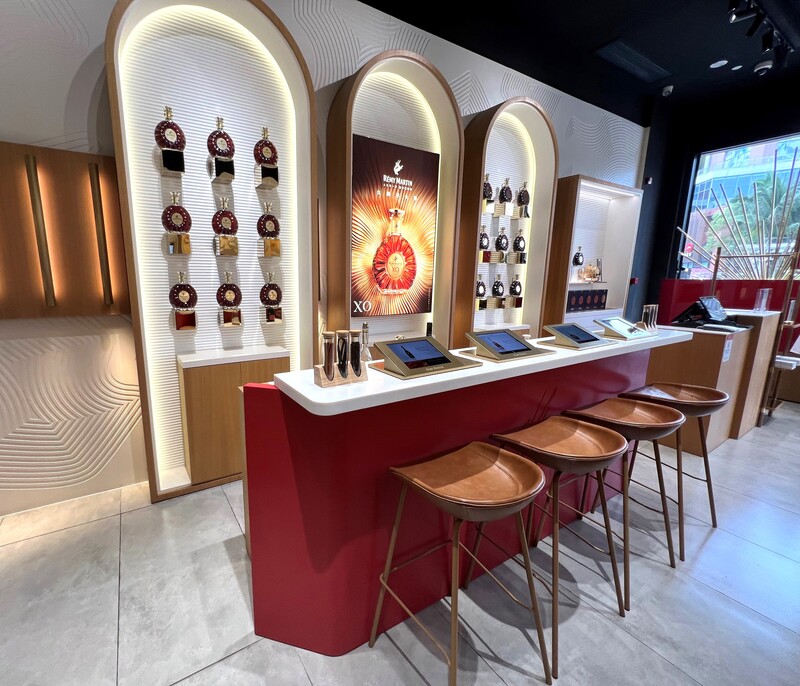
It’s a tough job, and it’s not nine to five, Monday to Friday. It requires you to be on the road. So that’s the internal part, resetting what GTR is – and it should be a hub for our talent.
The leadership change will help speed that up. But then with our customers, we want to get into much more longer-term planning. We have great relationships and depth of relationships. We were one of the first spirits brands to have a separate GTR team many years ago, which Peter Sant set up.

So we have a legacy of being pioneers, and actually doing different things within the channel. I think we need to be more courageous in terms of proposing different ways of working, and you’ll see more of that in the oncoming years.
Again, it will not happen overnight but very much our message is about long-term partnerships. We’re a family-owned business. Our major shareholder was with us yesterday in Cannes, and our Global CEO Eric Vallat was here. That’s a testament to how important this channel is for us.
We think family ownership is our point of difference and gives a very long-term view. But also we believe in relationships. It shouldn’t just be that short-term tension about a particular topic. It should be looking about where are we going for the five to ten-year horizon and how do we help each other get there.
What does a great partnership look like to you with travel retailers and airports?
We have many around the market. I wouldn’t want to call out one retailer. We’ve got quite close to a number of airports, and the one that stands out for me is Changi. They’re a very progressive airport in terms of a landlord. They think like a retailer. I live in London and Heathrow is the same. Heathrow is doing a lot of good things.
The more we can work with the landlords is really important, so they can understand us and what we can bring to their property. But then we need to make sure that the retailer, the landlord, and us are aligned in terms of how it works.
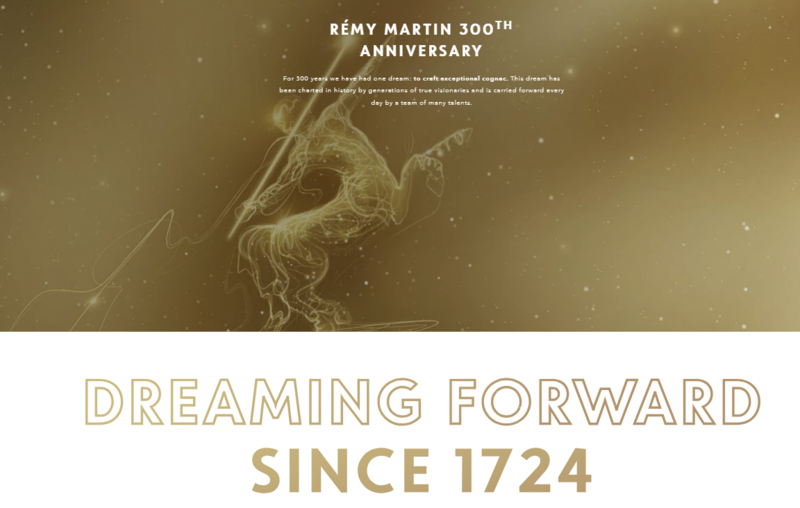
We like to think like a retailer. If you look at our business, we have over 11 Louis XIII boutiques now around the world, which we operate ourselves. Within London, I have a boutique in Harrods [downtown], which we operate in the wines and spirits section, and again, there’s a lot of retail capability in our business we would like to leverage more in the future.
We can assist retailers in growing their business. While we’re not the retailer ourselves, having a retailer’s mindset changes the way we work. Drawing from our background in cosmetics and visual merchandising, as exemplified by our booth today, we believe in a hands-on approach. Instead of just sitting in a meeting room when you come to see us, we encourage you to use your eyes and envision what we can offer for your property.
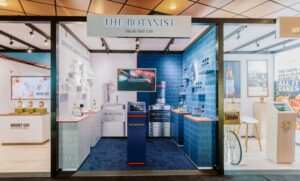

We aim to spark excitement and engagement with consumers, ultimately leading to conversions. Our goal is to have people purchase items they truly desire, not products they don’t want but ones they buy out of excitement for the compelling narrative we provide.
This is what partnership means to us: collaborating with the various distribution tiers to reach the end consumer. In this complex journey, with many intermediaries, we are just one piece of the puzzle. Our emphasis is on consistency rather than short-term tactics.
I recall you did some amazing work at Changi with a pop-up back in 2019.
Yes, we did a Louis XIII pop-up, which was the first in the world in an airport. We had the pandemic at the end of it, so it was rather curtailed. But we believe in airports as an opportunity to showcase our brands. It’s not just about advertising, it’s about bringing the brands to life, telling the story, and converting to a sale.
It’s a shop window rather than a show window.

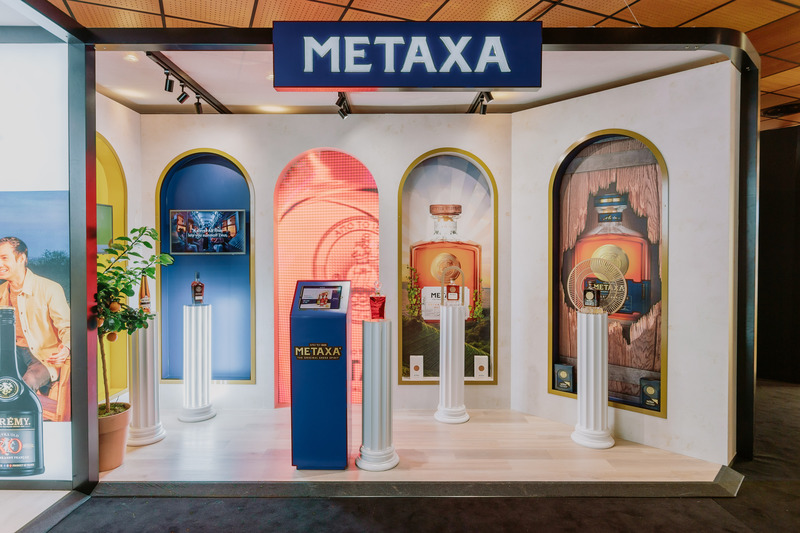
Obviously in Louis XIII you have a luxury proposition. So where does Rémy Cointreau see itself as part of the luxury shopper journey?
Louis XIII, we believe, is one of a kind. What’s the competitor for Louis XIII? It’s luxury goods, whether they are watches, fashion or leathergoods. But we’re also very much about the accessible price points, whether it be with Metaxa or with St. Rémy.
We have a mindset about experience and adding value to the shopper’s experience, and say price is a consequence of that experience. We want to be inclusive, not exclusive.

It’s not a club that people cannot join, and our view is that people can migrate through our portfolio. Different occasions require different brands.
We are currently in our fifth generation. Our active shareholders often travel with us, like Marie-Amelie de Leusse [President of the Board of Directors ] who was with us at Bangkok Airport recently to meet with King Power Duty Free and with Lotte Duty Free in Singapore.
Our business thrives on regular interactions and learning directly from in-store experiences. I personally spend a lot of time in airports, such as Heathrow, and this regular exposure allows me to spot opportunities for improvement and growth.
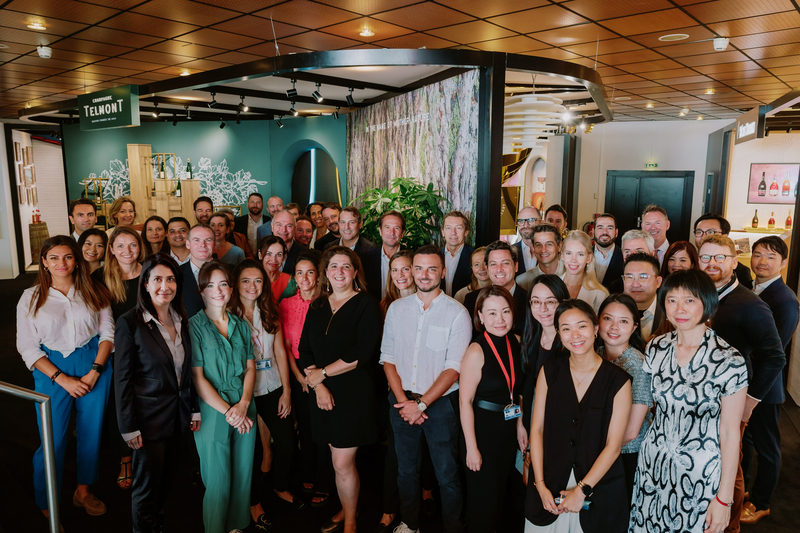
To close, what would you say is the biggest opportunity for the group?
Our primary focus is on taking a long-term view. The macro trend among consumers is choosing to drink less but opt for higher quality. The key is effectively conveying the unique stories behind each of our brands. It’s not just storytelling; it’s about living those stories.
We’re here to sell, but you sell through somebody really getting excited about and engaged with the brands, and feeling a deep connection with them.
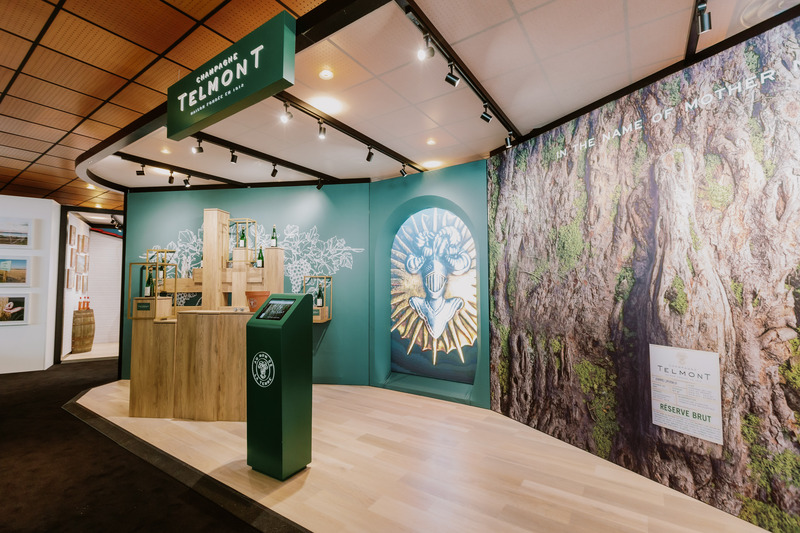
So how do you do it? Travel retail is a great environment but we need to really focus on the human side of telling the story. To achieve this, we believe it’s important to provide opportunities for people to sample our products because ‘liquid ti lips’ is often the best way to convert interest into sales.
GTR occupies a unique position in the spectrum between on-premise and off-premise, making it an ideal platform to explore and introduce innovative ideas. Our vision is to focus on offering more than just price-driven promotions and create memorable consumer experiences.
We are committed to the travel retail channel. We’re one of its pioneers. We’re very excited with the new leadership team in GTR to really get this moving forward. I believe we can add value to GTR and help both landlords and retailers unlock untapped value. ✈
Creating a sustainable presenceRémy Cointreau’s presence at October’s TFWA World Exhibition in Cannes featured a Rémy Cointreau bar that offered crafted drinks and private experiential zones for the brand portfolio. In line with the Group’s commitment to sustainability, the exhibition space was created with responsible design, transportation and construction principles in mind. 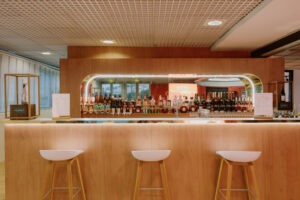 The booth used responsibly sourced timber, while all elements were either fully reusable or recyclable. Low-energy LED lighting and water-based paints were used throughout. “Sustainability is at the heart of everything we do,” says Ian McLernon. “We’ve been very proactive in this regard, and we’re keen to be more outward-facing and communicative about our efforts. “For instance, we were among the first brands to eliminate gift boxes in America, i.e. for Rémy Martin VSOP in the US. We decided it was the right thing to do. Telmont [Champagne, acquired by Rémy Cointreau in 2020] also has a lot of initiatives in terms of sustainability.
“Our booth here is sustainable, you don’t see any plastic. We want to reuse the materials. It’s our second year in a row we’ve had a very strong focus on sustainability. It costs more money, but we believe it’s the right thing to do. “We’re committed to various sustainability initiatives because we believe it’s not just about short-term gains; it’s about securing the future of our business and brands. We understand the evolving consumer trends, and we know that sustainability will become increasingly important over time. “Most of our products are deeply connected to the land, so taking care of our sources is vital to ensuring the longevity of our products and brands. Being a family-owned business means looking ahead for generations. Additionally, most of our products are aged, so a long-term perspective is fundamental. “Short-term tactical actions won’t always be good for long-term, and sometimes that means you go through pain short-term to do the right thing longer-term,” McLernon concludes. ✈
|





